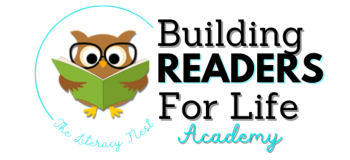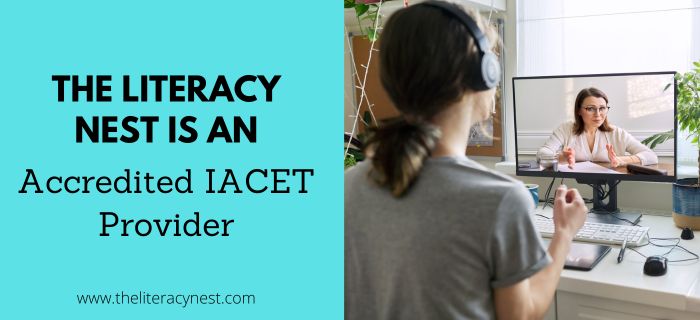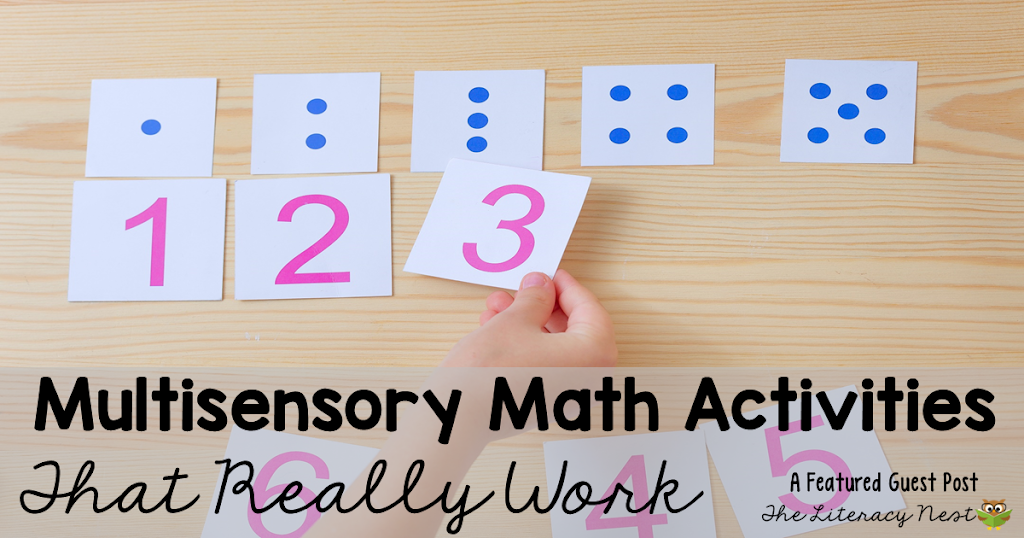5 Ways the KPS Help Structured Literacy Educators
The KPS or Knowledge and Practice Standards for Teachers of Reading were developed by the International Dyslexia Association in 2010 and revised in 2018. They represent a list of skills and knowledge necessary to teach literacy to all learners. The KPS help structured literacy educators in a variety of ways.

The KPS are divided into five content areas:
- Standard 1 is a knowledge of reading development and reading difficulties.
- Standard 2 covers an understanding of different reading profiles including dyslexia, issues with fluency, and difficulty with comprehension.
- Standard 3 pertains to assessment.
- Standard 4 pertains to the methodology of structured literacy instruction including the scientifically proven effective techniques for teaching each of the domains of literacy. This standard also covers aspects of the practicum such as planning instruction, interpreting assessments, and corrective feedback.
- Standard 5 is about the professional ethical standards for structured literacy teachers.
Here, We’re Sharing Five Ways the KPS Help Structured Literacy Educators
Download a printable version of this checklist for structured literacy educators!
Reason #1: The knowledge and practice standards for teachers of reading ensure training is consistent across organizations.
There are numerous training programs and organizations in the field of literacy, and even under the Orton Gillingham umbrella. These programs differ in their structure, teaching methodologies, and organizational purposes.
The standards allow for common understandings when discussing the skills teachers need for prevention, intervention, and remediation. Having a common set of standards allows for consistency to ensure that all teachers have the requisite skills to teach students with dyslexia according to scientifically and clinically based methodology.
Reason #2: They guide educators in seeking appropriate training.
As educators seek training in Orton Gillingham/Structured Literacy instruction, and eventually pre-service teaching programs, the standards can help them identify programs that have been accredited according to the standards and meet the appropriate guidelines for fieldwork requirements.
Read more about Levels of Certification Through The Center for Effective Reading Instruction (CERI). Or watch this helpful video for even more information!

Reason #3: The KPS supports the science of reading.
Teaching reading particularly to struggling learners requires a great deal of knowledge and skill. Most teacher preparation programs and even programs for the preparation of reading specialists in special education teachers do not accurately reflect the research on literacy development. The KPS are based on scientific research on effective instruction for at-risk learners.
Find structured literacy resources that also support the Science of Reading!
Reason #4: They guide educators in finding professional development events that support the science of reading.
As organizations such as the IDA and the OGA align professional development with these standards, it allows structured literacy teachers to select professional development opportunities that align with scientifically sound teaching and are specific to areas in which they would benefit most from additional training.
Reason #5: They provide a pathway for accreditors to maintain trainings that follow a structured literacy approach.
These standards can help in the design of courses, course sequencing, and professional development opportunities. The standards clearly delineate the aspects of instruction that must be covered as part of a training program based on the science of reading.
For an in-depth discussion of the KPS, listen to season 2, episode 18 of the Together in Literacy podcast!
The knowledge and practice standards for teachers of reading attempt to address the lack of consistency in teacher preparation and professional development in the field of reading. Most classroom teachers, and even many charged with preparing students at risk for reading difficulties, lack adequate training to do so effectively.
While individual teachers can certainly use the standards to ensure that they have gotten the best possible training for themselves, and to target specific areas of personal improvement, the standards really begin to address the issue of teacher preparation at the collegiate level in a more systemic and consistent fashion. This takes significant steps in a process that structured literacy professionals have widely recognized as critical for the future of effectively preventing and remediating reading difficulties.
For monthly structured literacy professional development opportunities, sign up for Building Readers for Life Academy. Both educators and families are welcome!
Building Readers for Life Academy is a monthly membership program that empowers educators AND families by diving into structured literacy and strategies for ALL learners. With BRFL Academy, you’ll learn what it takes to help EVERY student become a reader for life. We offer monthly and yearly membership options!






